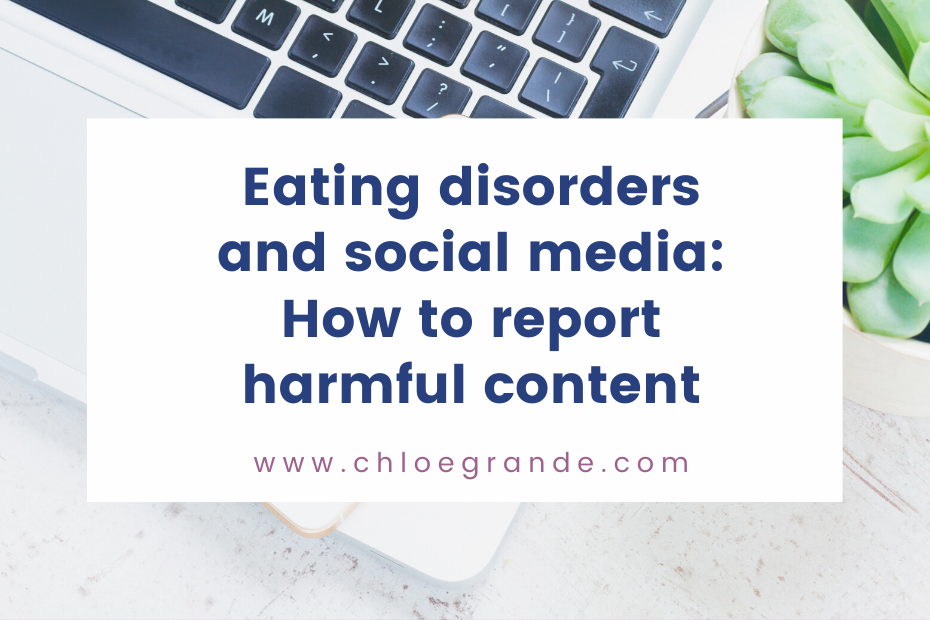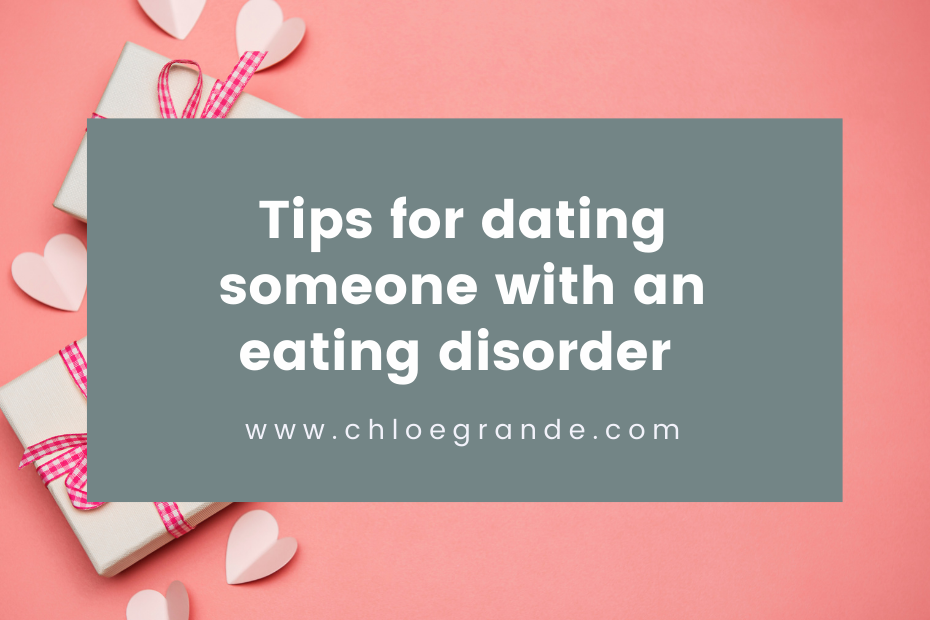Diets may not be a direct cause of eating disorders, but the two are definitely related in a “cousins-not-sisters” kind of way. Dieting falls in the category of disordered eating, a milder and less severe symptom that could potentially lead to a full-blown eating disorder.
When someone starts dieting, their chances of developing an eating disorder increase significantly. According to the National Eating Disorders Collaboration, Australian adolescents engaging in dieting are five times more likely to develop an eating disorder than those who don’t diet. I’ve also read that children as young as six years old (!!) are already aware of diets and have even tried them. That’s truly terrifying.
Being in eating disorder recovery has changed my whole perspective on dieting. I’ve learned that basically all diets fail (in the sense that weight lost is almost always restored), that the diet industry disguises itself as a wellness industry (e.g. Weight Watchers rebranding as WW), and that it profits immensely from our insecurities and fatphobia (slimming teas, anyone?).
So what are the differences between dieting and an eating disorder? Aren’t they both ways of restricting food intake? Not exactly — let me explain.
An eating disorder is all-consuming
Having an eating disorder means that all your thoughts are consumed by food, body image, self-loath, guilt and shame. Not just around mealtimes, but constantly.
Someone on a diet may think about food more than a non-dieter; however, it’s not usually something that wrecks havoc on their entire lifestyle or debilitates their everyday routines to the point where they can’t function normally.
- Tip: If you do notice that your diet is starting to affect your everyday life, it may be more than a diet. People with eating disorders may say they’re “just on a diet,” but look out for signs that show secretive or denial behaviour, like not eating in front of others and cutting out entire food groups.
Diets are a choice, eating disorders are not
There’s a difference between choosing to go gluten-free (unless, of course, it’s been prescribed by a medical professional for health reasons, like celiac disease) and suffering from a life-threatening mental illness. Eating disorders aren’t a choice. Biological factors often play a role in who develops eating disorders, and no one can control their genes.
- Tip: The National Eating Disorders Association has created a really great FAQ resource around myth-busting. Even though it’s meant to be a parent toolkit, it address a lot of common questions, such as the underlying causes of eating disorders.
Both diets and eating disorders are examples of black-and-white thinking
Otherwise known as all-or-nothing thinking, black-and-white thinking is a common term I came across in therapy. It means that you see things in extremes and struggle to find the middle ground. For example, if you break a diet rule, you may think, “I blew it. I’m horrible. I have no self-control.” Those thoughts are rampant with my eating disorder voice, which would praise me for deprivation and convince me I was a failure for overeating.
- Tip: Learn more about black-and-white thinking in this Psychology Today article. A helpful strategy I’ve found is just being aware when I started seeing things in an all-or-nothing way and reframing it to notice the in-betweens. Like if I eat extra dessert or don’t feel like exercising, that’s okay and doesn’t mean I’m a failure of a human being.
If I haven’t already made it obvious, I’m 100% anti-diet. I remember learning that a classmate in elementary school was going to Weight Watchers with her mom. She must have only been 12 years old — I can’t imagine the long-lasting consequences of teaching a child that young to diet.
The sooner we can intervene dieting, the better we can prevent behaviours that normalize disordered eating, especially with young children. ❤️




great post Chloë! Thanks for this.
Did you hear pinterest is banning weight loss ads? This seems like a huge step in the right direction – if only insta and FB would do the same.
https://www.thelily.com/pinterest-just-banned-weight-loss-ads-for-those-struggling-with-eating-disorders-its-validating/?tid=more_from_lily
Of course, I thought it would be a good topic to dissect! Ah yes, I did hear the news!! It really is a positive step and setting a precedent for other social media sites to follow. I personally don’t use Pinterest but can see from the article you linked that there’s a lot of triggering content for people with EDs. I also wonder too how they will monitor/enforce this since diet culture is soooo engrained in a lot of lifestyle content that Pinterest is known for. Thanks for flagging the news, I will definitely have to keep an eye out to see what happens next!